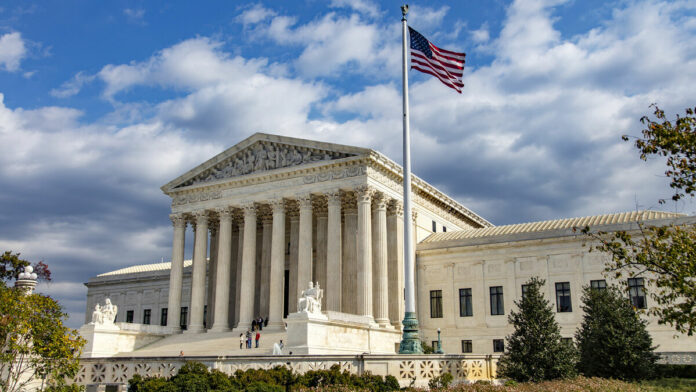(USA Herald) – FCA stands for False Claims Act, which is a federal law that allows private individuals, known as whistleblowers, to file lawsuits on behalf of the government against individuals or companies that have defrauded government programs. The law applies to any program that receives funding from the government, including healthcare programs like Medicare and Medicaid, defense contractors, and other government contractors.
FCA cases are often complex and can involve allegations of a wide range of fraudulent activities, such as billing for services or products that were never provided, submitting false claims for reimbursement, and providing kickbacks to physicians or other healthcare providers. Successful FCA cases can result in significant penalties, including treble damages and fines.
The cases are U.S. ex rel. Proctor v. Safeway Inc., and U.S. ex rel. Schutte et al. v. SuperValu Inc. et al., each in the Supreme Court of the United States.
Months before the US Supreme Court rules on the viability of False Claims Act cases involving murky compliance obligations, defense attorneys are quietly imploring the US Department of Justice not to bring such cases and publicly signaling confidence that a favorable ruling is forthcoming.






